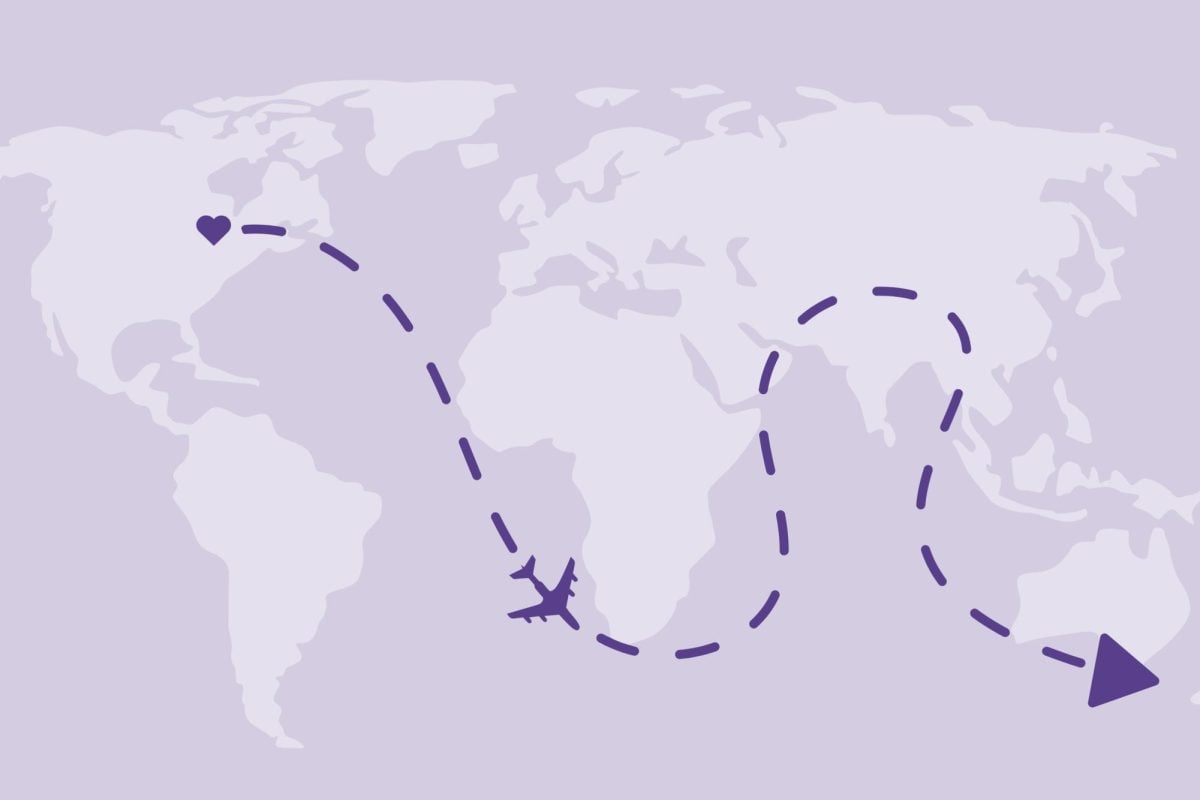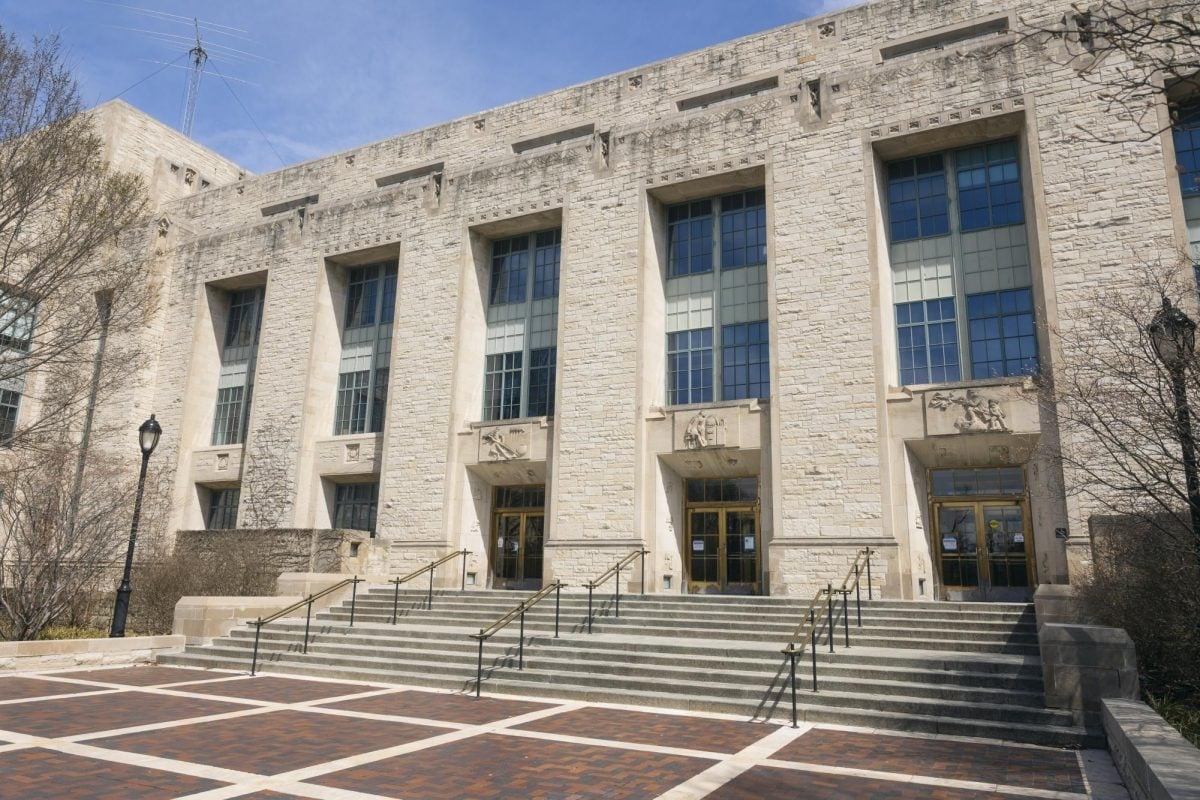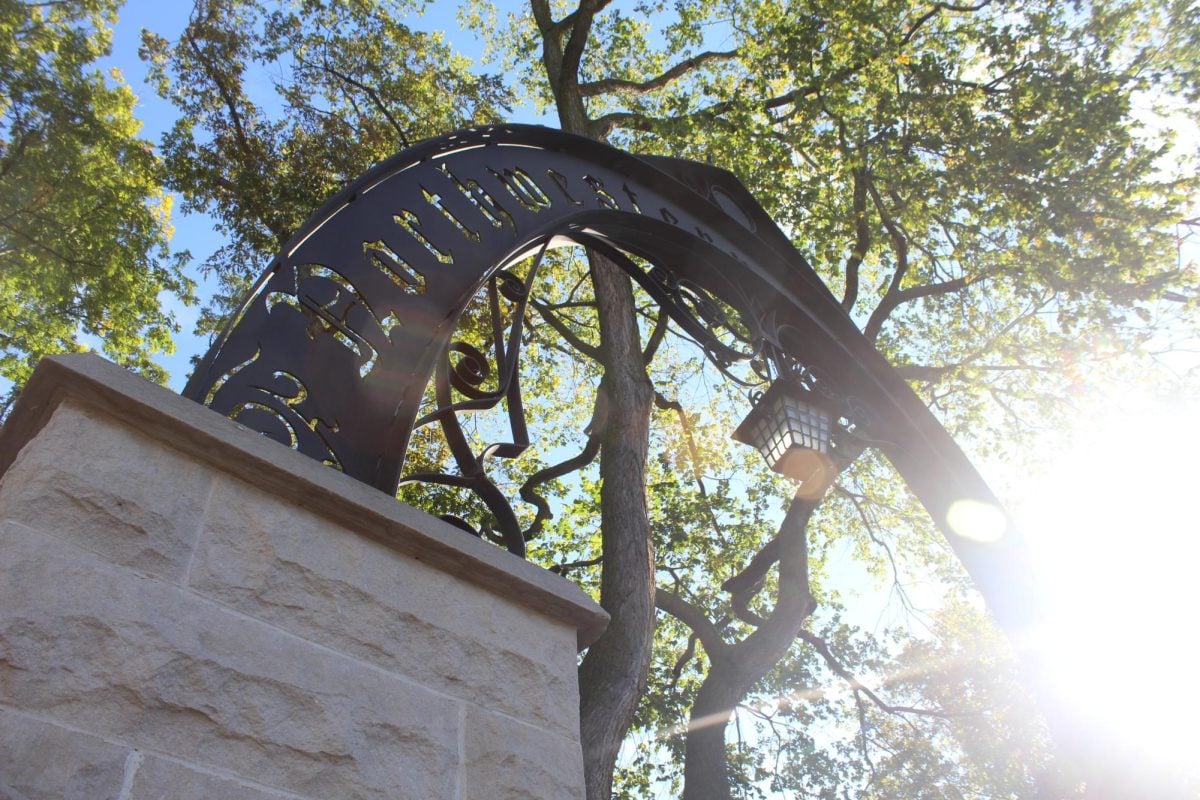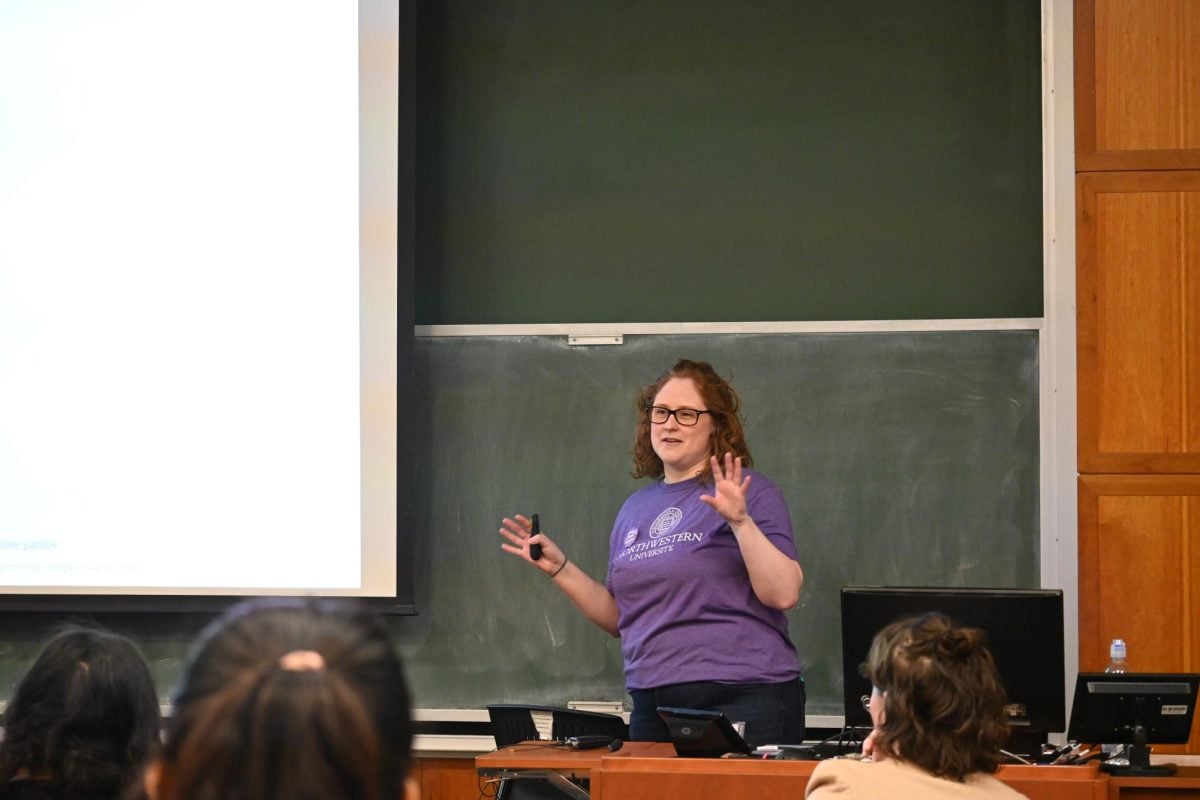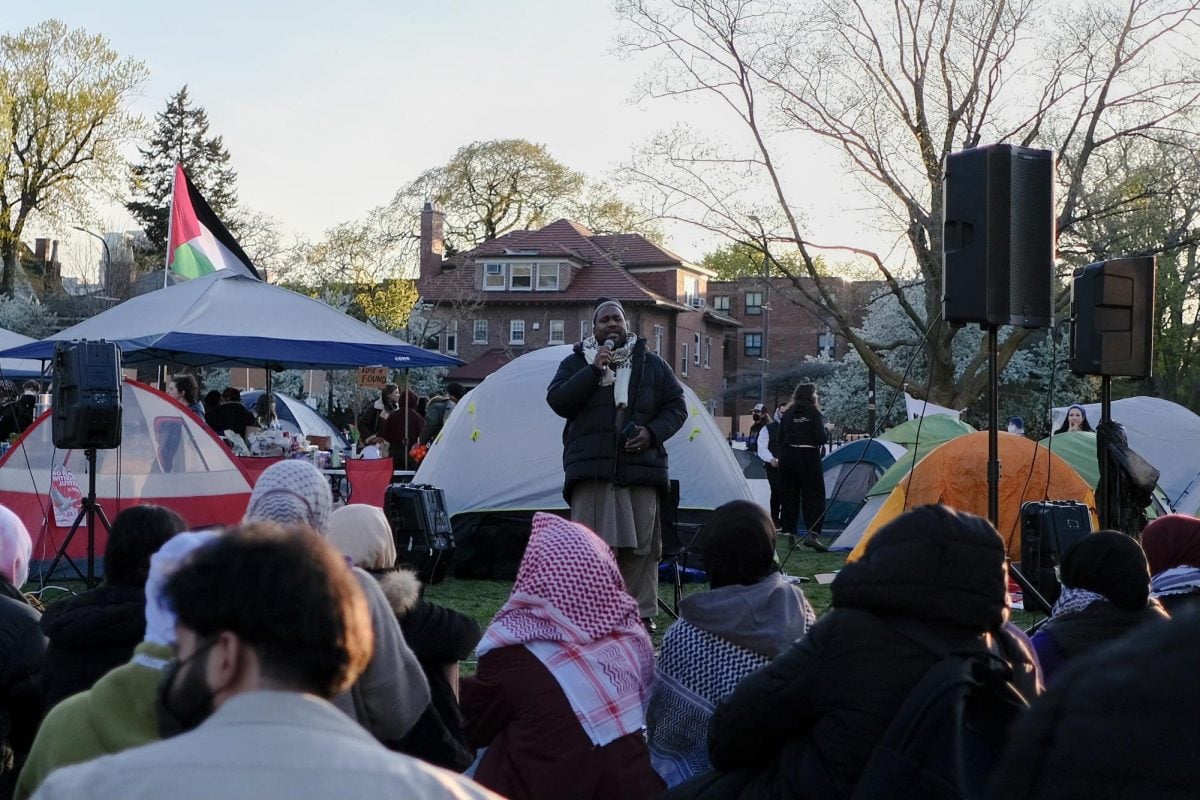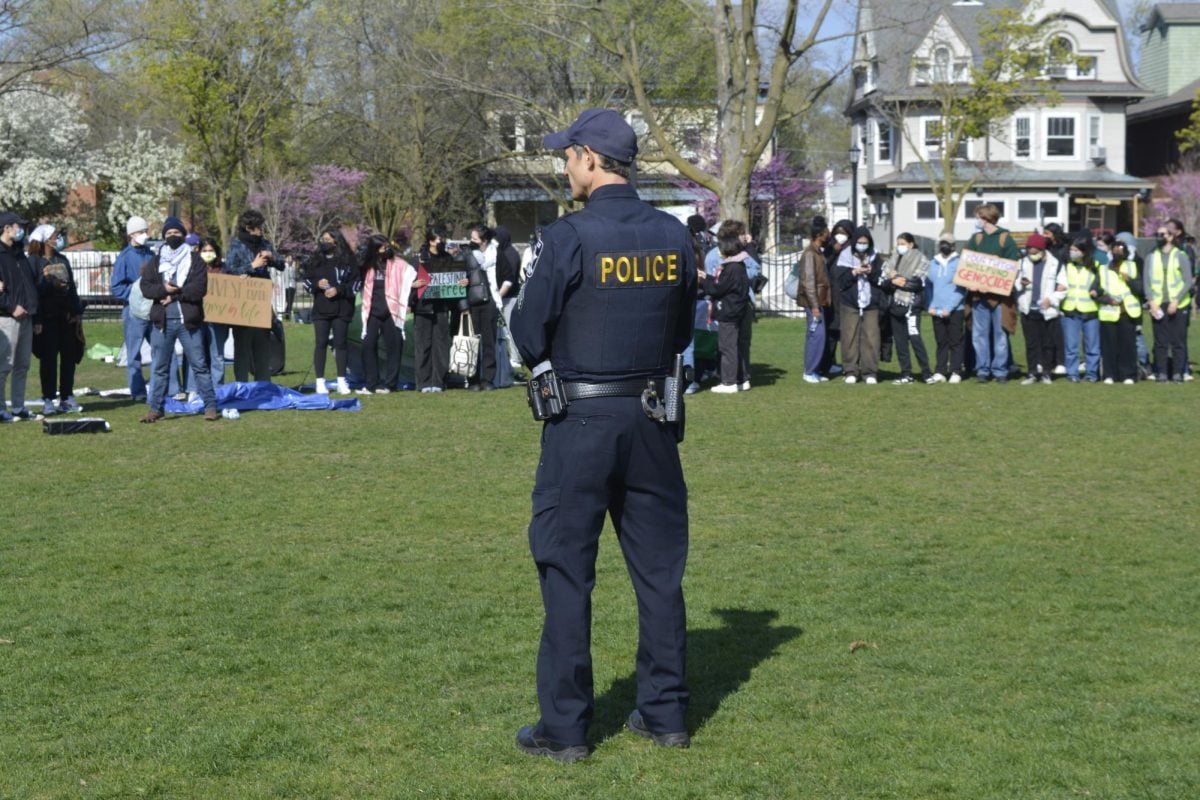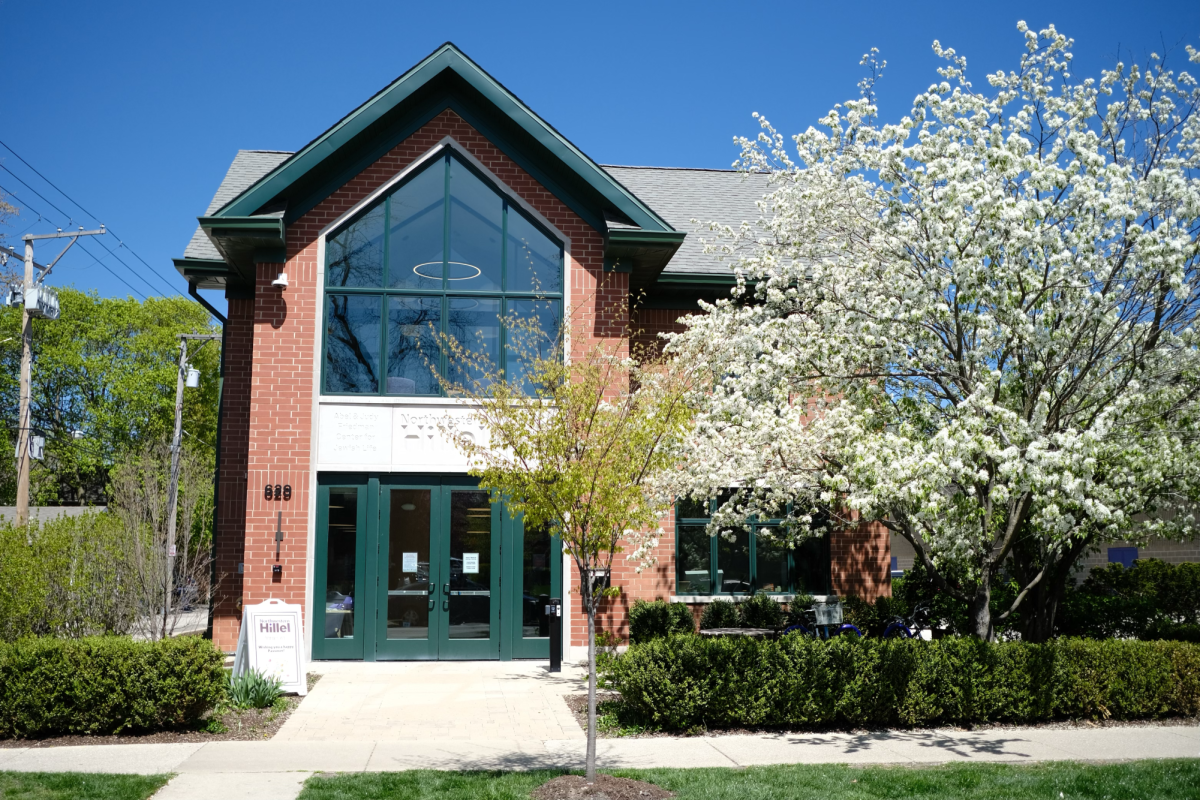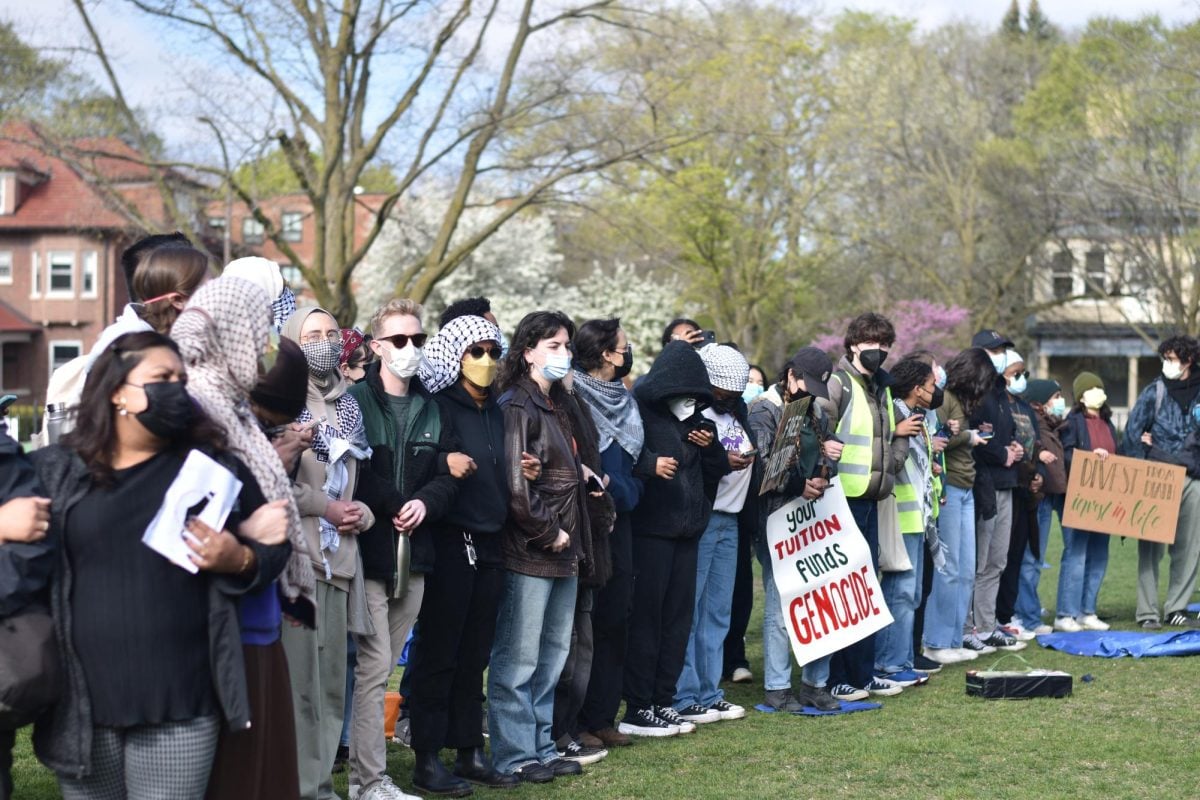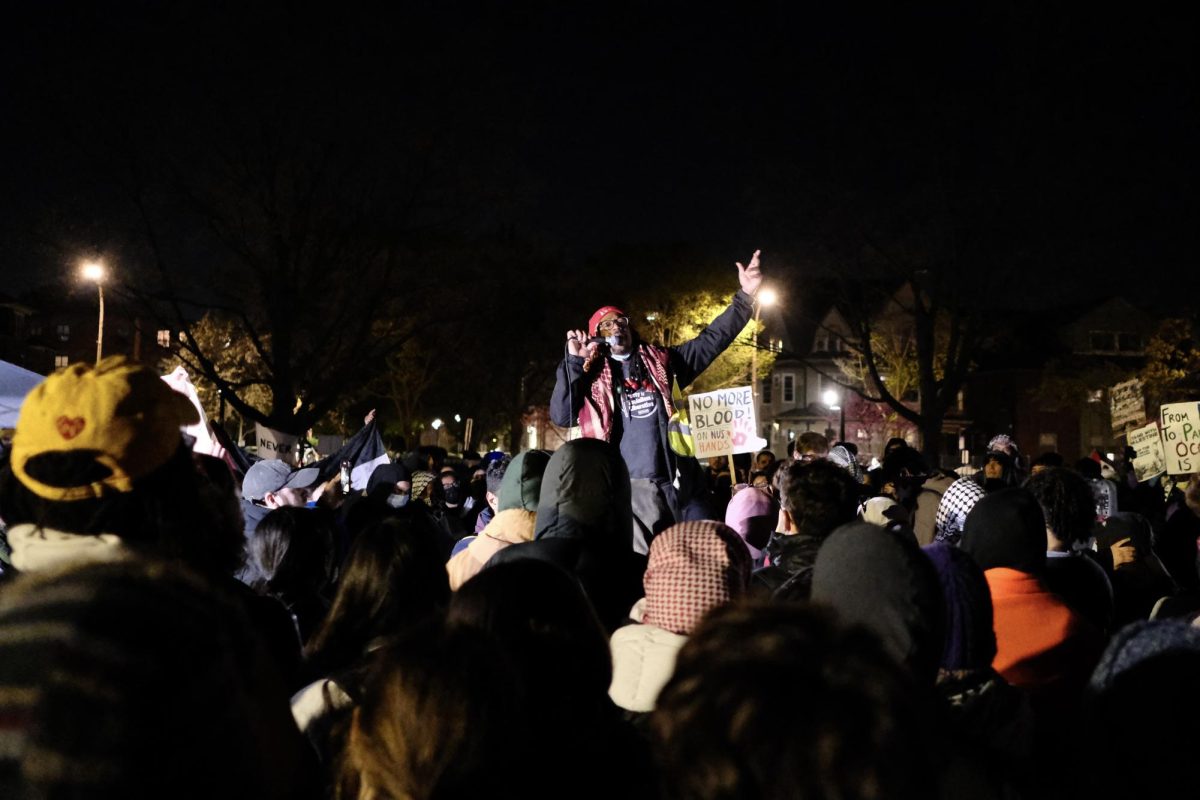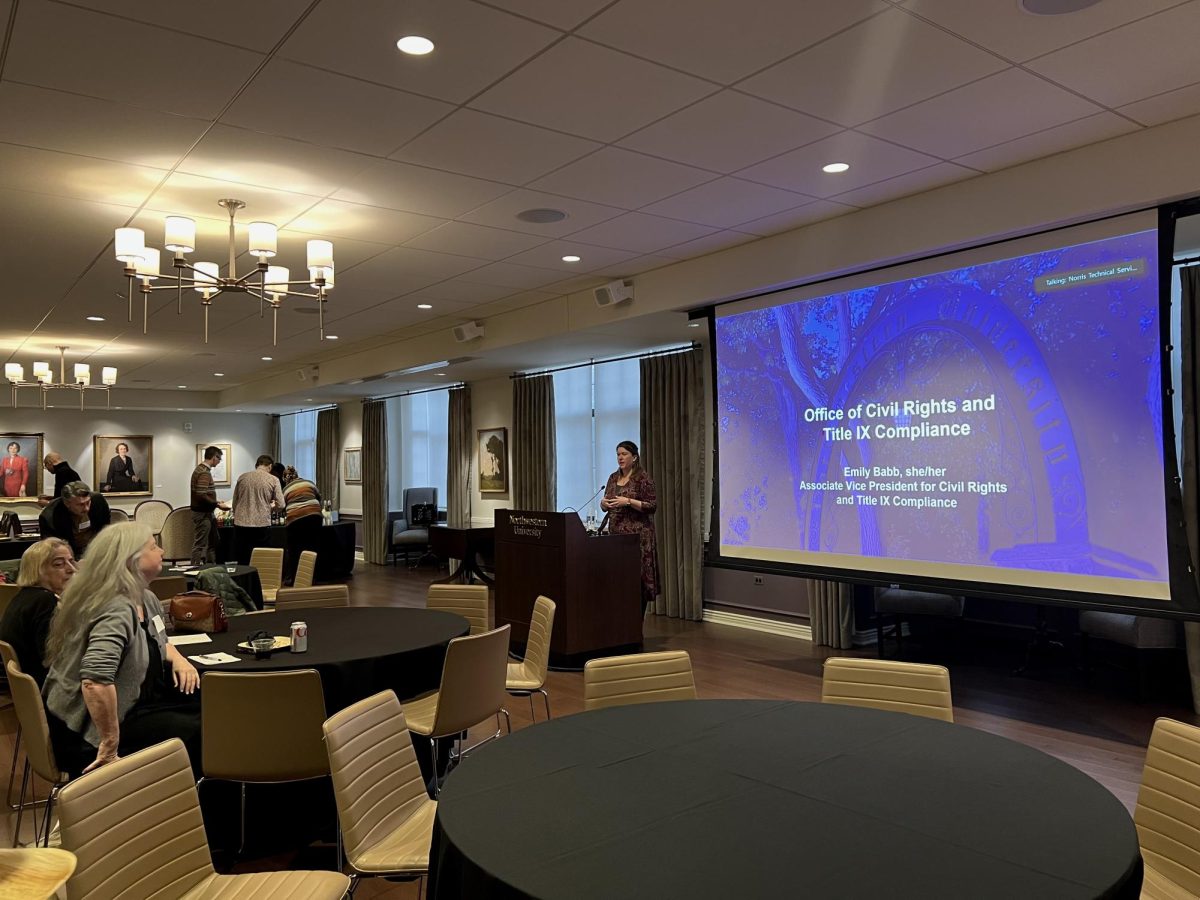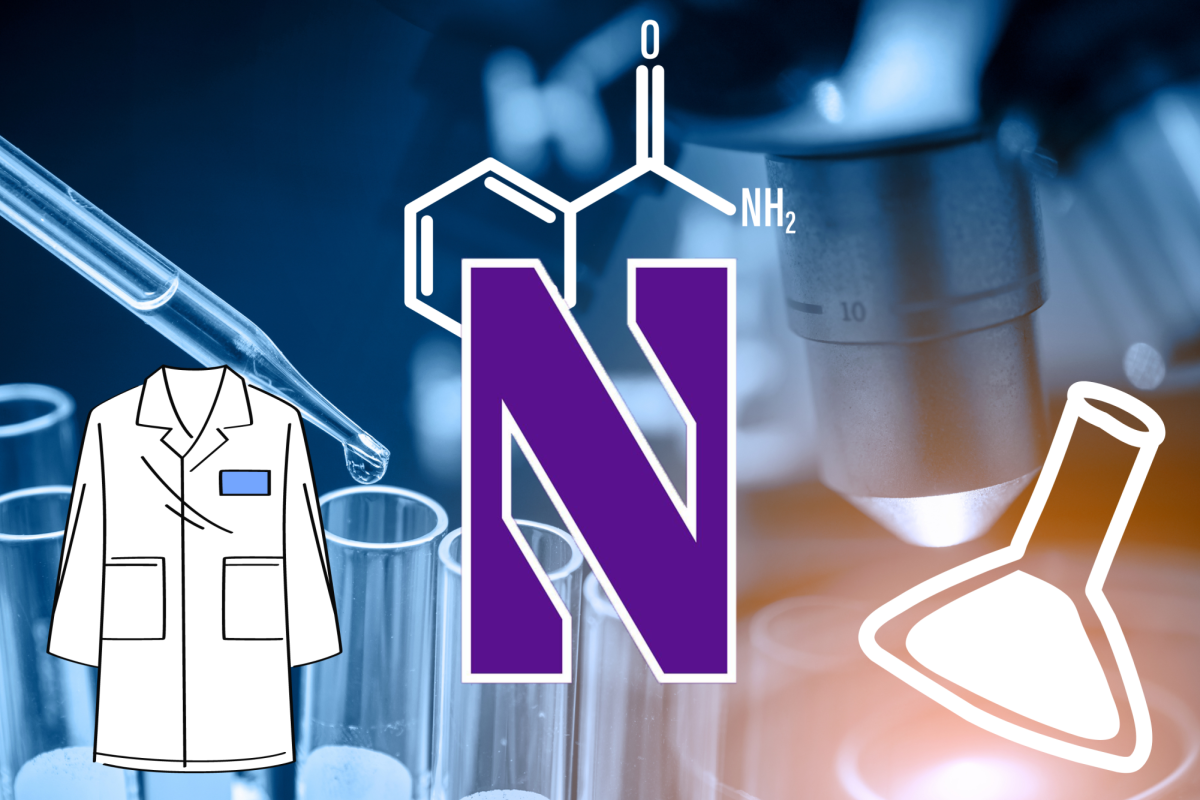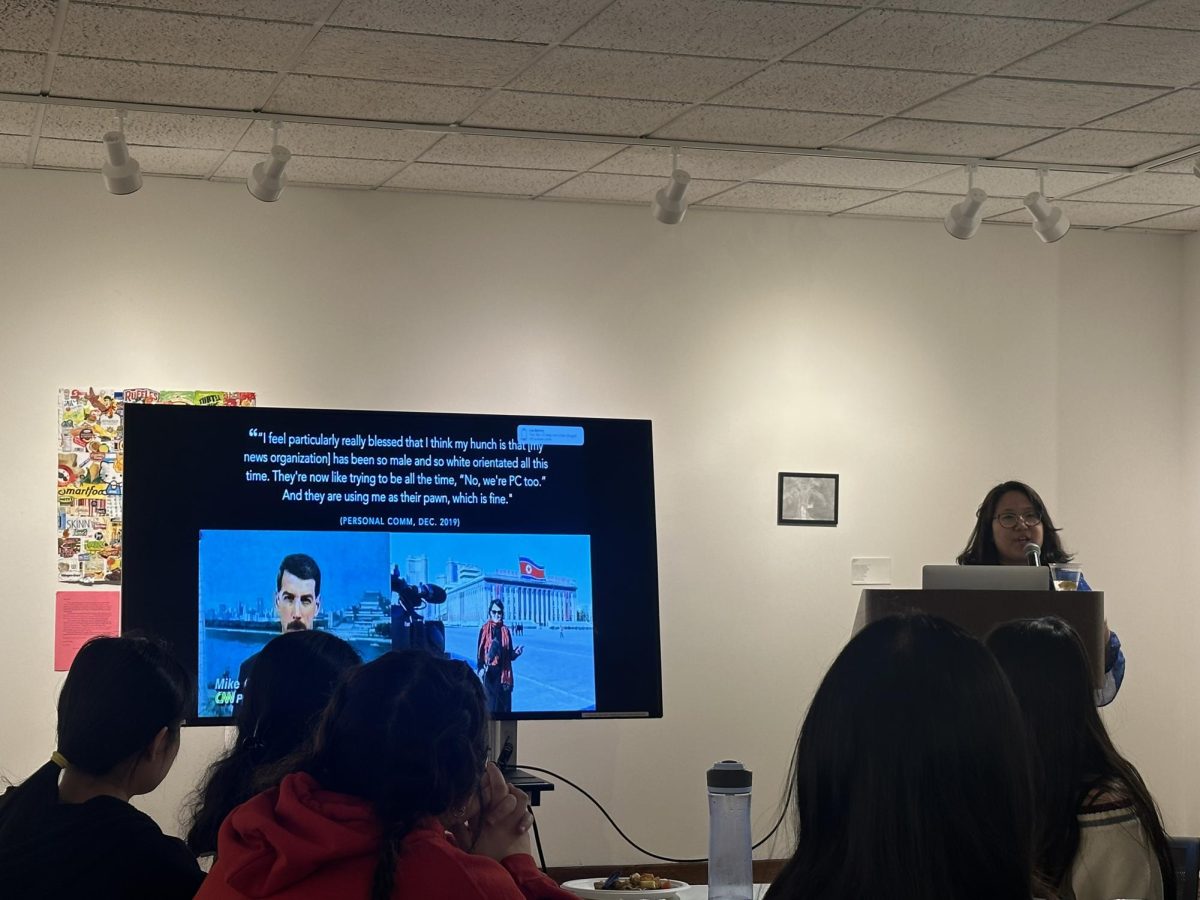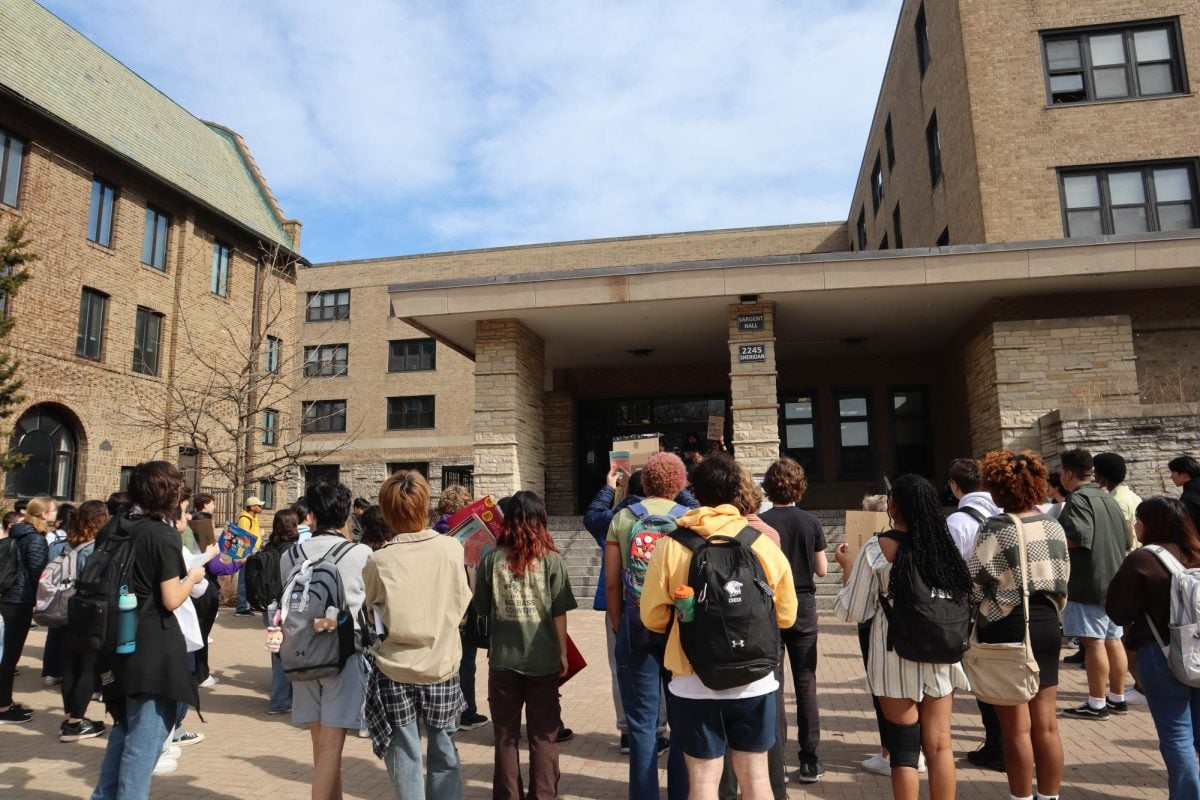For struggling high school students, falling behind may not mean falling through the cracks, according to a report from a University of Chicago lab co-directed by a Northwestern professor.
The report, published Jan. 27 by the National Bureau of Economic Research, details results of a study in which a group of Chicago high school students was enrolled in both math tutoring and a program aimed at preventing dropouts and violence during the last school year. Researchers found students enrolled in the programs significantly closed the achievement gap as measured through their math scores and had an increased likelihood of graduation.
The study, conducted by the Urban Education Lab, took place at Harper High School, in the Englewood neighborhood of Chicago, where Chicago-based organization Youth Guidance had already implemented their Becoming a Man program, a weekly, in-school group session in which students “develop social-cognitive skills strongly correlated with reductions in violent and anti-social behavior.” After the UChicago Crime Lab found students who participated in BAM saw both crime rate reductions and graduation rate increases, Chicago Mayor Rahm Emanuel decided to allocate funding to expand the program and conduct additional studies measuring its effectiveness, said SESP Prof. Jon Guryan, co-director of the lab. Guryan, also co-author of the report, said he worked with faculty from universities across the country to design and implement the trial, which involved 106 9th- and 10th-grade male students, at Harper.
“We thought it’d be interesting to implement not just BAM non-academic intervention but to put alongside that a purely academic intervention,” Guryan said.
The team also chose to bring in Match, a group of Boston charter schools that offers its intensive math tutoring program to public school systems. Guryan said Harper students who enrolled in the program received one hour of math tutoring each day, in addition to their weekly BAM session.
“The main thing the curriculum is designed to do is to recognize that many kids … in Chicago, when they get to ninth and 10th grade, are a few grade levels behind when it comes to math,” Guryan said. “There’s this sort of basic mismatch between the skill levels and knowledge of kids and the math that’s being taught.”
Match combats this gap by assessing students and teaching them the missing skills they need to catch up, said Alan Safran, president of the Match Export program. At Harper, each tutor worked with only two students at a time, which fosters a much closer relationship than a class of 25 can provide, Safran said.
“The student from day one realizes this person’s here to help,” Safran said. “That’s a big paradigm shift from what kids usually get.”
According to the report, those students who were provided both Match tutoring and BAM mentoring increased their math GPA by about 0.58 points on a four-point scale, translating to an upwards shift of a whole letter grade. Also, the likelihood that the students were on pace to graduate increased 14 percent. The report said the students, of which 99 percent were eligible for free or reduced lunch and 95 percent were black, were originally selected for the study due to their high risk of dropping out.
In response to the study’s findings, Emanuel committed to expanding the two-branched program to 1,000 city students next year. Guryan said he is glad to see policymakers basing their decisions on research findings.
“Policymakers, particularly in schools, have been innovating and trying new things for a long time, but there isn’t enough good info about … what’s working and what’s not,” Guryan said. “This will help policymakers with large but limited budgets to make decisions.”
BAM and Match programs have already expanded in the 2013-2014 school year to encompass 21 Chicago high schools, according to Crime Lab data. Match currently has 53 tutors, including four NU graduates, who work with 700 students in the district, Safran said. He said as Emanuel expands funding for next year, Match plans to recruit an additional 80 tutors. This funding, like the funding for current trials, will most likely come from private foundations.
With the program’s expansion this year, Guryan said the lab hopes to get an idea of whether their small-scale results are indicative of a broader trend. If they are, Guryan said, it could have significant implications for education policy.
“Maybe we don’t have to correct all the really deep root causes of the gaps in order to help kids out who suffer from those gaps,” Guryan said. “Maybe if we can’t end poverty and end racism and end segregation, there are things we can do that can help narrow the gaps after they’ve opened up.”
Email: [email protected]
Twitter: @scottbrown545

